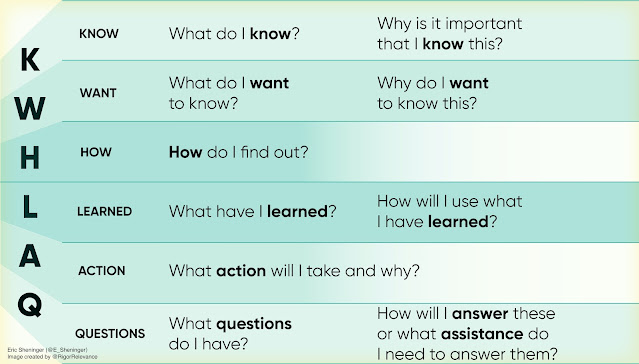“We do not understand from working experience. We understand from reflecting on encounter.” – John Dewey
The estimate earlier mentioned from Dewey has generally resonated with me, particularly when I am outside the house performing yardwork in Texas. In the earlier, I used to typically get stung by bees and wasps. There is a change involving the two species and how they sting. Some of them essentially bite. Whilst every single come upon resulted in a agonizing practical experience, they also supplied a important chance for me to replicate on why I was prone to stings and how to avoid them. I often realized to wear extensive-sleeved shirts and notice my surroundings to spot their nests. I also habitually tracked them when they had been witnessed flying around the identical regions, which permitted me to discover their nests and acquire them out. The bottom line is that I have not been stung in a prolonged time.
It goes without declaring that working experience plays a pivotal job in finding out for pupils and adults. In Disruptive Imagining in Our Classrooms, I shared the want to deliver far more possibilities for this in lessons as perfectly as precise methods that can be used. When reflection is extra, it can help to improve the relationship between what has been knowledgeable and the results that have been derived. The circumstance can be designed that it enables learners to go further into principles when getting to be much more proficient.
Reflection is not a basic approach of introspection. As an alternative, it is an evidence-primarily based, integrative, analytical, potential-developing method that serves to generate, deepen, critique, and document finding out. Developing reflective skills is central to students’ educational and expert enhancement within just a self-discipline. The capability to replicate on one’s follow when confronted by a novel, strange, or advanced predicament distinguishes professional practitioners from novices (Schön, 1983).
Routine reflection can:
- Foster cognitive adaptability
- Help in the design and knowledge of new awareness
- Build back links amongst tutorial, psychological, and social experiences
- Develop vital competencies for results in a disruptive earth
The results detailed higher than are supported by investigation:
Exploration has uncovered that mastering from direct experience can be far more successful if coupled with reflection—that is, the intentional endeavor to synthesize, summary, and articulate the vital lessons taught by experience. Also, the outcome of reflection on understanding is mediated by a larger perceived means to realize a target ensuing in self-efficacy.
Intentionality is key. The very good information is that educators do not have to reinvent the wheel. When it arrives to reflection in the classroom, the important is to make the time for it through alignment with schedule pedagogy. Naturally, there is a tendency to consist of this at the finish in the type of closure making use of the following prompts that can be answered utilizing textual content, video clip, or audio:
- What did you discover of value nowadays?
- How might you utilize what you acquired outside of the classroom?
- Why was this discovering vital to you and your friends?
Having said that, educators can combine prospects to replicate all over a lesson. I shared the subsequent KWHLAQ chart in Disruptive Contemplating, which educators can adapt as wanted.
Reflection as a portion of studying is some thing that need to be cultivated in the classroom and past. We just cannot think that students are common with this system. Therefore, they can profit from direction to assistance them derive which means from practical experience. Without this guidance, reflections could be restricted to descriptive accounts of an practical experience or “venting of feelings” (Ash & Clayton, 2009). Working experience, when reflected upon, is the finest instructor.
Ash, S. L., & Clayton, P. H. (2009). Making, deepening, and documenting understanding: The electricity of vital reflection in used learning. Journal of Used Studying in Bigger Instruction, 1(1), 25-48.
Schön, D. (1983). The Reflective Practitioner: How Professionals Believe in Motion. London: Temple Smith.





More Stories
Maverick’s Fighter Jet Stunts Push the Boundaries of Physics
Women’s History Month 2022: An Interview with Jennifer Thompson
You Might Be Surprised to Learn That the First ‘Top Gun’ Is Actually Pretty Realistic